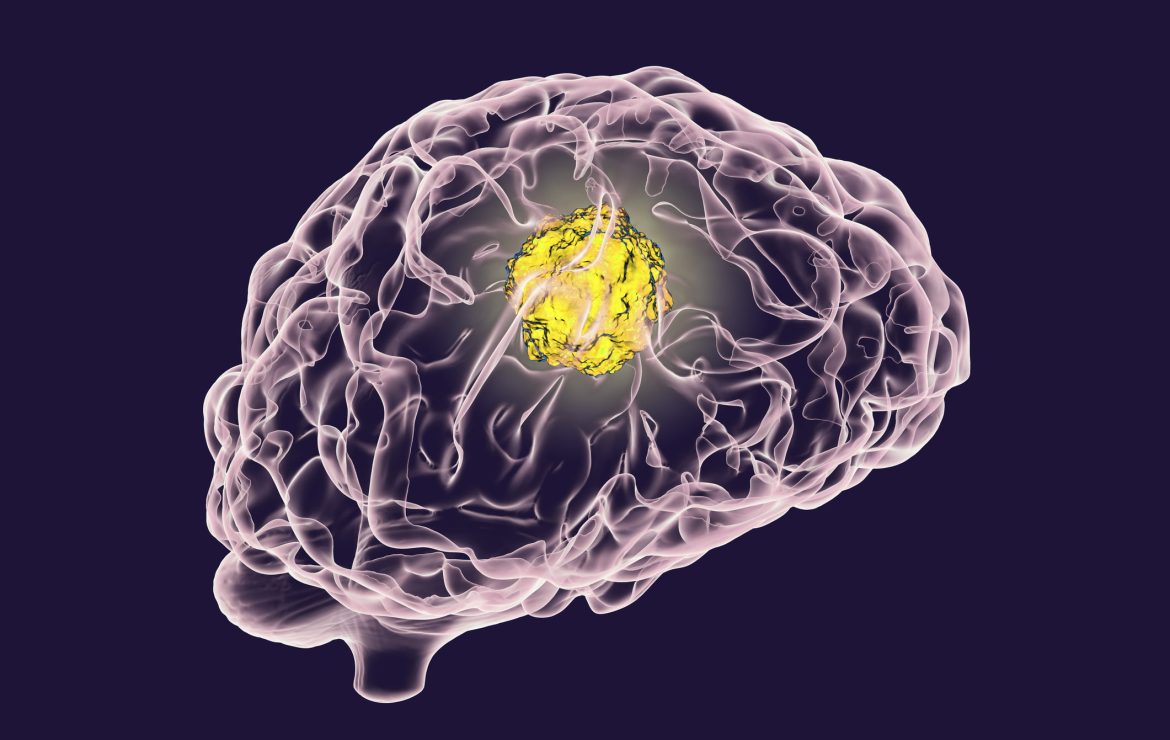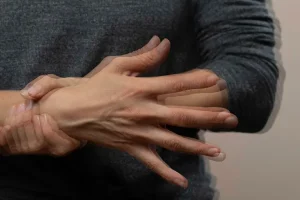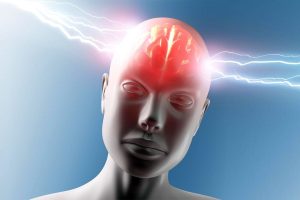Are the images detected in the brain, called lesions, an important indicator of brain disease? When should a doctor be consulted?

Are the images detected in the brain, called lesions, an important indicator of brain disease? When should a doctor be consulted?
Brain Lesions: Their Significance and When to Consult a Doctor
Brain lesions are abnormal areas found on the surface or within the deep tissues of the brain. These lesions can be detected through imaging techniques such as magnetic resonance imaging (MRI) or computed tomography (CT). However, determining what these lesions are can often be difficult and they may be due to various reasons. Dr. Mustafa Zafer Demirtaş, a prominent neurology specialist in Alanya, has extensive experience in this field and provides patients with accurate information and treatment regarding such conditions.
Brain lesions are often incidentally detected during imaging tests performed for other reasons. These lesions may sometimes cause no symptoms or signs, and a person may be unaware of their presence. However, in some cases, lesions can lead to various symptoms or may be a sign of a more serious underlying issue. Therefore, understanding the significance of brain lesions and knowing when to consult a doctor is important.
Significance of Brain Lesions:
- Potential Symptoms and Signs: Lesions can cause various neurological symptoms such as headaches, dizziness, vision or hearing problems, sensory loss, muscle weakness, or coordination difficulties. However, some lesions may remain silent and cause no symptoms at all.
- Identification of Underlying Causes: Lesions may be due to various causes such as trauma, infections, tumors, vascular diseases, or neurodegenerative disorders. The nature and origin of the lesions need to be determined for accurate diagnosis and treatment.
- Treatment and Monitoring Requirements: Once the causes of lesions are identified, appropriate treatment and monitoring plans should be established. In some cases, lesions may require monitoring and regular follow-up.
When to Consult a Doctor:
- New or Sudden-Onset Symptoms: If new or sudden-onset symptoms arise, especially if they are neurological symptoms, it is important to consult a doctor promptly.
- Frequent Recurrence of Symptoms: If symptoms recur frequently or if existing symptoms worsen over time, seeking medical advice is warranted.
- Presence of Risk Factors: Regular doctor visits are recommended if the individual has risk factors such as a family history of neurological diseases, a history of brain trauma, or chronic health conditions.
- Incidentally Detected Lesions on Imaging Tests: If lesions are incidentally detected on imaging tests, consulting a neurologist or specialist doctor is advisable, and further evaluation may be necessary.
In conclusion, being aware of the nature and potential symptoms of brain lesions is important for understanding one’s health and knowing when to seek appropriate medical attention. Under the guidance of experienced neurology specialists like Dr. Mustafa Zafer Demirtaş, accurate diagnosis and treatment of brain lesions can be provided, ensuring the patient’s health and well-being.







